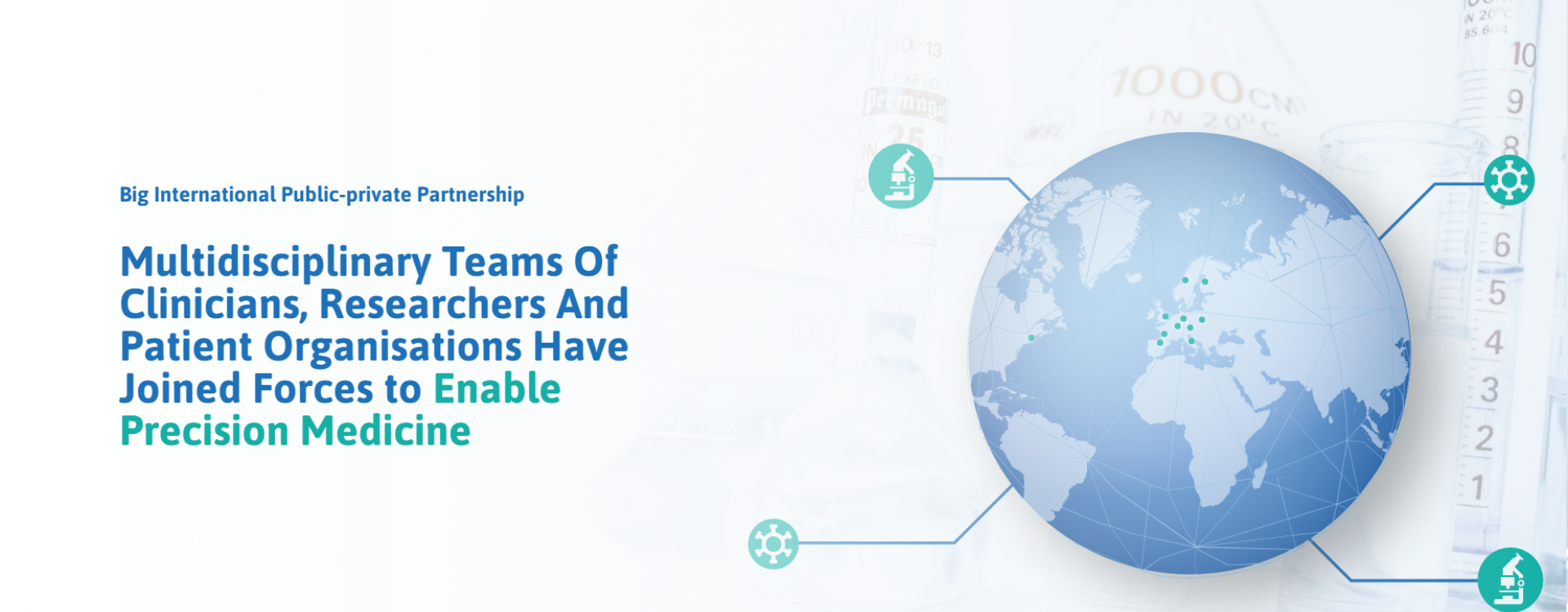Copenhagen Prospective Studies on Asthma in Childhood
COPSAC IS A CLINICAL RESEARCH UNIT FOR PEDIATRIC ASTHMA RESEARCH WITH THE AIM OF DEVELOPING EVIDENCE-BASED PREVENTION STRATEGIES. COPSAC’s method is prospective clinical birth cohort studies of which two (COPSAC2000 and COPSAC2010) are currently followed at the research unit. Endophenotyping is based on daily diary cards and comprehensive longitudinal objective assessments exploring systems biology and gene-environment interactions in the origin of atopic diseases. COPSAC comprises a multidisciplinary research cluster with competences in paediatrics, pulmonology, allergology, dermatology, microbiology, immunology, genetics and statistics, and participates in national and international research collaborations. Novel findings are communicated through publications in international peer-reviewed journals and textbooks, and through lectures at international scientific meetings.
Role within BIOMAP
COPSAC will be involved in analysing the skin and gut microbiome in early life in relation to AD development and disease course. COPSAC will be responsible for harmonizing the microbiome data between the participating cohorts and for analysing the complex data sets, including analyses of longitudinal changes in microbiome composition in relation to disease course, such as persistent and transient phenotypes of AD. Furthermore, COPSAC will be responsible for replicating and exploring microbiome-disease associations identified in the adult populations by focused studies of these microbial compositions in the child cohorts. Positive findings from this prospective setup will suggest direction of causality, which is impossible to establish in the adults with current skin disease. These analyses will be conducted by a postdoc trained in microbiome data under supervision of senior researcher, Jakob Stokholm, who is heading the microbiome research group at COPSAC.
COPSAC will participate in identifying AD subtypes and trajectories from the longitudinal clinical datasets in birth cohorts, participate in gene-environment analyses, and will be main responsible for validating disease trajectories identified in the Danish registries in the clinical cohorts and linking these to genetic data. These analyses will be performed by a postdoc with experience in genetic analyses in collaboration with the COPSAC registry group and supervised by associate professor Klaus Bønnelykke. Furthermore, the COPSAC bioinformatics group will help with the advanced statistical tasks related to WP2, 3, and 6. These analyses will be performed by a bioinformatics postdoc under supervision from associate professor Morten Arendt Rasmussen.




